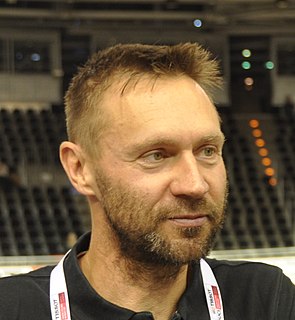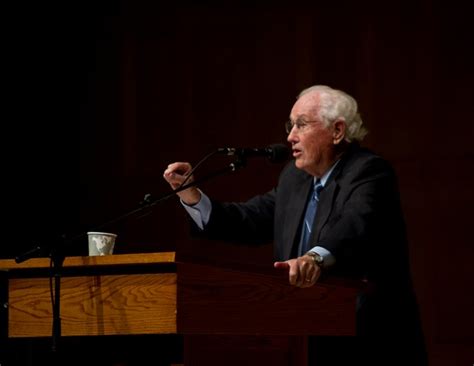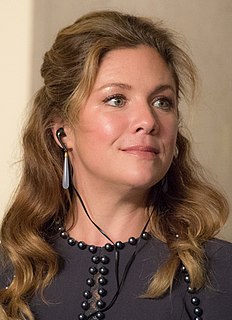A Quote by Gail Sheehy
No one can control the aging process or the trajectory of illness.
Quote Topics
Related Quotes
Aging people should know that their lives are not mounting and unfolding but that an inexorable inner process forces the contraction of life. For a young person it is almost a sin and certainly a danger to be too much occupied with himself; but for the aging person it is a duty and a necessity to give serious attention to himself.
If a culture treats a particular illness with compassion and enlightened understanding, then sickness can be seen as a challenge, as a healing crisis and opportunity. Being sick is then not a condemnation or a moral judgement, but a movement in a larger process of healing and restoration. When sickness is viewed positively and in supportive terms, then illness has a much better chance to heal, with the concomitant result that the entire person may grown and be enriched in the process.
There is no such thing as maturity. There is instead an ever-evolving process of maturing. Because when there is a maturity, there is a conclusion and a cessation. That’s the end. That’s when the coffin is closed. You might be deteriorating physically in the long process of aging, but your personal process of daily discovery is ongoing. You continue to learn more and more about yourself every day.
We have the means right now to live long enough to live forever. Existing knowledge can be aggressively applied to dramatically slow down aging processes so we can still be in vital health when the more radical life-extending therapies from biotechnology and nanotechnology become available. But most baby boomers won't make it because they are unaware of the accelerating aging process in their bodies and the opportunity to intervene.
The less control people had over their work, the higher their blood pressure during work hours. Moreover, blood pressure at home was unrelated to the level of job control, indicating that the spike during work hours was specifically caused by lack of choice on the job. People with little control over their work also experienced more back pain, missed more days of work due to illness in general, and had higher rates of mental illness-the human equivalent of stereotypies, resulting in the decreased quality of life common to animals reared in captivity.






































